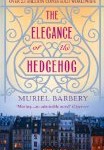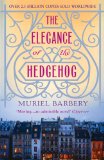Five words from the blurb: orphan, chef, France, delicacies, obsession
The Last Banquet is a vivid book that grabs the reader’s attention from the first page. It begins with disgusting scenes of a boy eating beetles and continues with investigations into a wide range of bizarre food. The child grows up and becomes a member of the aristocracy, but he continues to experiment with food – preparing and recording the taste of everything from cats to flamingo tongues. As you can tell from the description, this isn’t a book for the squeamish!
The story is set in 18th Century France and brings this period of history to life. The Palace of Versailles, France’s battle with Corsica, and the more personal history of a boy who rises through the social classes, are seemlessly blended together in a strangely compelling narrative.
The writing is excellent. Everything is described evocatively with a simple structure that allows the reader to absorb vast amounts of information without any effort. Many deeper themes are layered in the plot and I especially loved the ideas about food and its role in society:
He touches briefly on the political uses of taste; not just in fashion or furniture but in wine and food. About how taste defines and separates the sexes and the classes and the races. I had been lucky to fall so in love with Roquefort, and to do so immediately. The development of taste is like learning to read – and we live in a world where we deny most of those around us access to its alphabet.
This book also contains some of the most sensual sex scenes I’ve ever read. Most authors struggle with this kind of writing, but Jonathan Grimwood deserves special praise for making the sex scenes feel realistic and erotic. He uses all the senses to create beautiful scenes that feel just as natural and interesting as the experiments with food.
The story and themes of this book are bold and harsh. The author doesn’t shy away from difficult subject matter, but the inclusion of violence and bizarre butchery never feel gratuitous.
I admired the originality of this book and highly recommend it to those with a strong stomach!

.
The thoughts of other bloggers:
I was both riveted and repulsed by the descriptions of food in this book. Books Are My Favourite and Best
…the novel was at risk of dissolving into a plethora of bizarre fetishes. Three Guys One Book
I rarely get to the end of a book and wish it were longer. This is one of those rare occasions Me and My Big Mouth
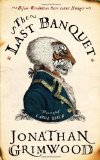

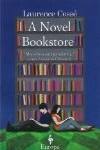
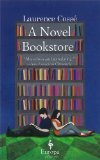

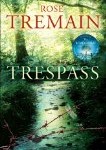
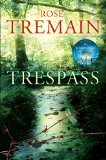
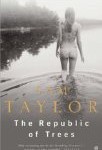
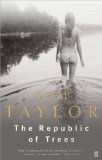
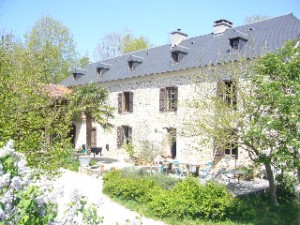 Sam Taylor has recently launched a creative writing course
Sam Taylor has recently launched a creative writing course

